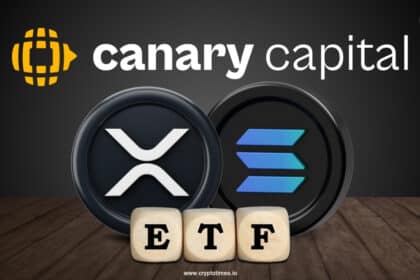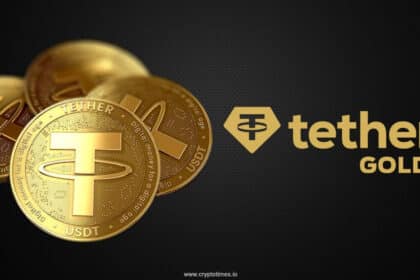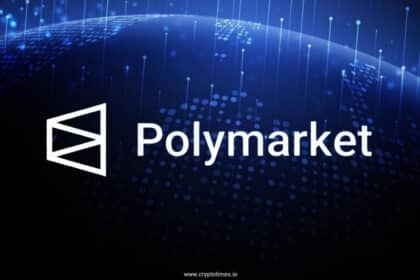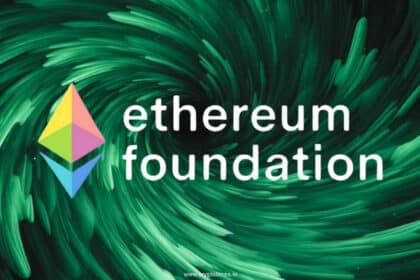Memory is an essential component of intelligence. It allows systems to store, retrieve, and apply information in different contexts. Within artificial intelligence (AI), this ability supports continuity and coherence across interactions. As AI systems become more advanced, memory enables them to manage complex tasks and maintain long-term engagement with users.
When an agent can only access its most recent inputs, it quickly begins to lose coherence. Even advanced language models such as GPT-4 and Claude Opus, despite having large context windows, operate entirely within the present. They can process tens of thousands of tokens at a time, yet lack any built-in capacity for long-term memory beyond what has been explicitly provided.
Stanford’s Generative Agents project showed this difference in action. In the study, AI characters with episodic memory, which kept a running record of their conversations and experiences, behaved far more naturally and consistently than those without it. Simply giving them memory made their actions seem more believable and human-like.
These agents would periodically recall past events and use them to plan actions; in tests, the full-memory agents acted more human-like than any version stripped of that capability, thereby seamlessly adapting to user preferences and real-world dynamics rather than treating each task as a blank slate.
The necessity to decentralize AI memory
Bringing AI memory into practice raises challenges of data management, security, and interoperability, and this is exactly where decentralized networks come into play. Blockchains offer a way to secure and share memories across organizational boundaries, and by storing memory “chunks” on-chain, information can be made immutable and auditable.
In practical terms, an AI agent’s important knowledge (say, a customer’s preferences or a technical specification) can be stored as a permissioned record on a blockchain. Other agents can query it when needed, confident that the data hasn’t been altered or leaked in the meantime. In effect, blockchains turn raw data into portable assets where agents don’t exchange whole datasets; instead, they access or license verified “memories” on demand.
In this context, Calyx, a NEAR-based cross-chain launchpad, recently helped facilitate the debut of Intellex, an AI protocol explicitly pitched as the “federated memory layer” for agents. Calyx announced Intellex’s token generation event, positioning it as an enterprise-focused platform that turns memory into an on-chain asset.
In simple terms, Intellex’s $ITLX tokens act as the engine that keeps memory systems running. They’re meant to support every part of the memory process—from creating and licensing to using and eventually revoking stored data.
At the same time, decentralized launchpads are what make this kind of system possible. Platforms like Calyx connect multiple blockchains and provide what single-chain systems can’t: instant global liquidity and smooth interoperability.
To elaborate, tokens launched on Calyx can be traded across 19+ chains without bridges, which for AI projects means any memory-driven solution can reach users and enterprises everywhere in one go. Crucially, such a cross-chain model also bridges the Web3 and AI communities, making it easier for decentralized memory networks to gain traction in industries that need them.
A peek into the future?
Intellex is aiming to address the memory bottleneck for decentralized AI, especially given that the majority of today’s LLM models tend to hoard knowledge, never sharing or updating it across all of their silos.
Intellex changes that by allowing firms to spin up private memory setups and then license them to partners so that when an agent queries a licensed memory, the original owner earns a micro-royalty, all without transferring raw data. In other words, an agent can “remember” and leverage specialized knowledge (for logistics, retail, or customer support, for example) without rebuilding that knowledge base from scratch.
This collective memory approach is exactly what seems to have led Calyx to list Intellix on its platform. And since the project is cross-chain, the latter’s memory layer can be universally accessible with participating agents on different blockchains, all drawing from the same shared data pool.
Lastly, enterprises deploying agents via Calyx can secure a stake in this memory layer during the token sale, such that over time, agents in marketing departments, supply chains, and IoT devices can all contribute to and benefit from Intellex’s ledger of knowledge. The upshot is that memory-related headaches (including any lost context, repeated queries, and siloed data) can be greatly reduced, and agents can effectively “remember” what matters and learn from one another.
Looking ahead, as knowledge continues to become a portable asset (traded, secured, and woven into the fabric of decentralized networks), it will ensure that future AI systems can remember, adapt, and grow smarter over time.
Also Read: BingX Unveils AI Master With 1,000 Real-Time Strategies










